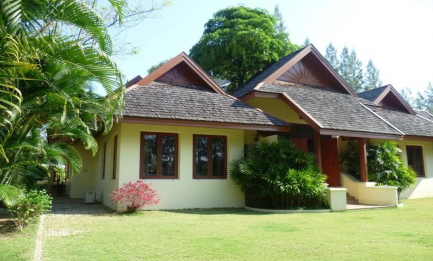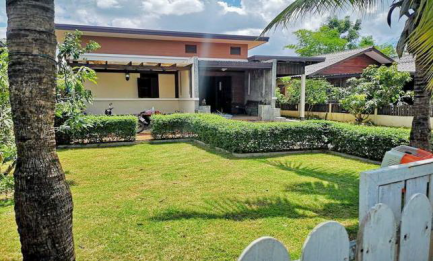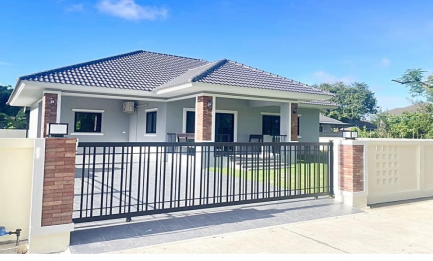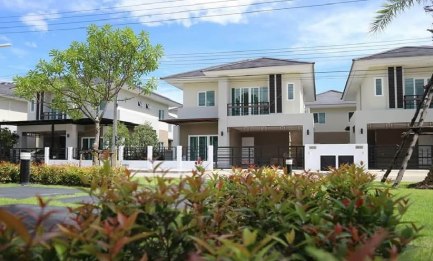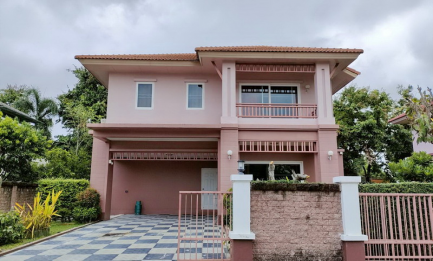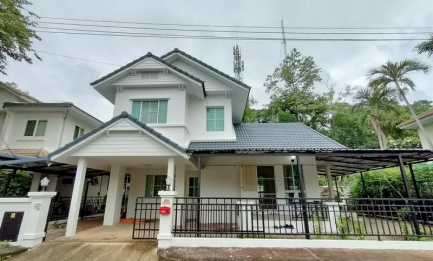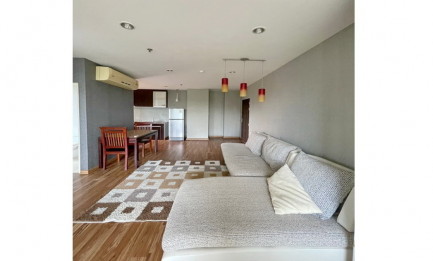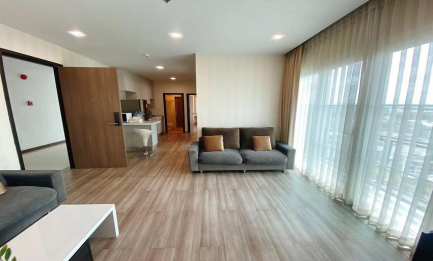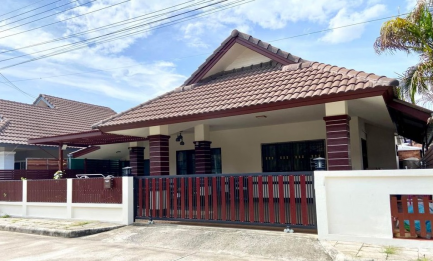
about us
CHIANG MAI HOUSE 清迈房产库
We welcome you to our Real Estate website in Chiang Mai. If you are looking for property FOR SALE or FOR RENT in Chiang Mai, we have designed our site to make it easy for you to find the exact property that you are looking for. We are determined to add new properties and update our listed properties on our site. to provide you with a broad array of choices. We hope you will enjoy your search on our site.
We can also help with all of your insurance needs, including Home Contents, Buildings, Life, Motor, Travel, Personal & Health insurance.
PROPERTY FOR RENT
Padad area.
House for rent with private swimming pool in Saraphi area, Outer Ring Rd.,
15 km. from Promenada shopping mall, 11 km. from Kad Farang.
- 4 bedrooms 5 bathrooms,
- land area 2 Rai 30 sq.wa. (3,320 sq.meter).
- house area 350 sq.meter.
- 5 air conditioners, 3 hot showers,
- living room set, dining room set,
- bedroom with furniture,
- nearly fully furnished.
80,000 THB/Month
Padad district.
House for rent 5 km. from Makro Super store, Outer Ring Rd., (Hang Dong - Saraphi Rd.)
- 2 bedrooms 1 bathroom,
- air condition, hot shower,
- 2 bedrooms with furniture,
- living room set, dining room set,
- fridge.
9,500 THB/Month
8.5 km. from Central Festival, Doisaket Rd.
House for rent on Doisaket Rd., 9 km. from Central Festival.
- Land area 120 sq.wa.(480 sq.meter),
- 3 bedrooms 2 bathrooms.
- 4 air conditioners, 2 hot showers,
- bedrooms with furniture,
- living room set, dining room set.
- fridge, washing machine.
* Swimming pool, fitness & security guard.
* Monthly rental included common fee area & cut the grass.
26,000 THB/Month
The Urbana
House for rent in The Urbana, near Promenada shopping mall,
- 3 bedrooms 3 bathrooms,
- Land area 45 sq.wa.(180 sq.meter),
- air conditioners, hot showers,
- bedrooms with furniture,
- living room set, dining room set,
- fridge, washing machine.
* Swimming pool & security guard.
24,000 THB/Month
PROPERTY FOR SALE
Vararom Premium Kaewnawarat.
House for rent in Vararom Premium Kaewnawarat, Outer Ring Rd. (DoiSaket-Sankam Phaeng ).
7.5 km. from Central Festival.
- 3.5 bedrooms 3 bathrooms,
- Land area 126 sq.wa.(504 sq.meter.)
- 3 bedrooms with furniture
- 4 air conditioners, 3 hot showers,
- fridge, washing machine, gas stove.
* Swimming pool, Security guard.
8,500,000 THB
Land & House Maejo, Maejo Rd.
House for sale Land & House Maejo, Maejo Rd.
- 3 bedrooms 3 bathrooms,
- Land area 69 sq.wa.(276 sq.meter).
- 3 air conditioners, 2 hot showers,
- living room set, dining room set.
* Swimming pool, security guard.
3,650,000 THB
Riverside condominium.
#Riverside condominium, Near Nong Hoi market.
- Room size 45 sq.meter, on 15th floor.
- Studio room.
- 1 air condition, 1 hot shower.
- living room set, dining room set.
- Television, Refrigerator.
- Microwave.
* Swimming pool & security guard.
#Riversidecondoforsale #Riversidecondoforrent
1,850,000 THB
The Convention Condominium
The Convention Condominium for sale, 2.5 km. from Maya shopping mall.
- 2 bedroom, 1 bathroom
- Room area 57.04 sq.meter.
- 3 air conditioners, 1 hot showers
- on 4th floor.
- partly furnished.
* Swimming pool & fitness.
3,200,000 THB
Prio Conominium.
#Prio condominium for sale, near Robinson airport plaza, Mahidol Rd.
- 2 bedrooms 2 bathroom.
- Room area 77.65 sq.meter.
- partly furnished.
* Swimming pool & fitness.
#ThePriocondoforsale #Priocondoforrent
7,800,000 THB
3 km. from Lotus superstore, Hang Dong Rd.
House for rent, 2 km. from Lanna international school.
- 3 bedrooms 2 bathrooms,
- land area 50.6 sq.wa.(202.4 sq.meter).
- air conditioners, hot showers,
- Partly furnished.
* Security guard


